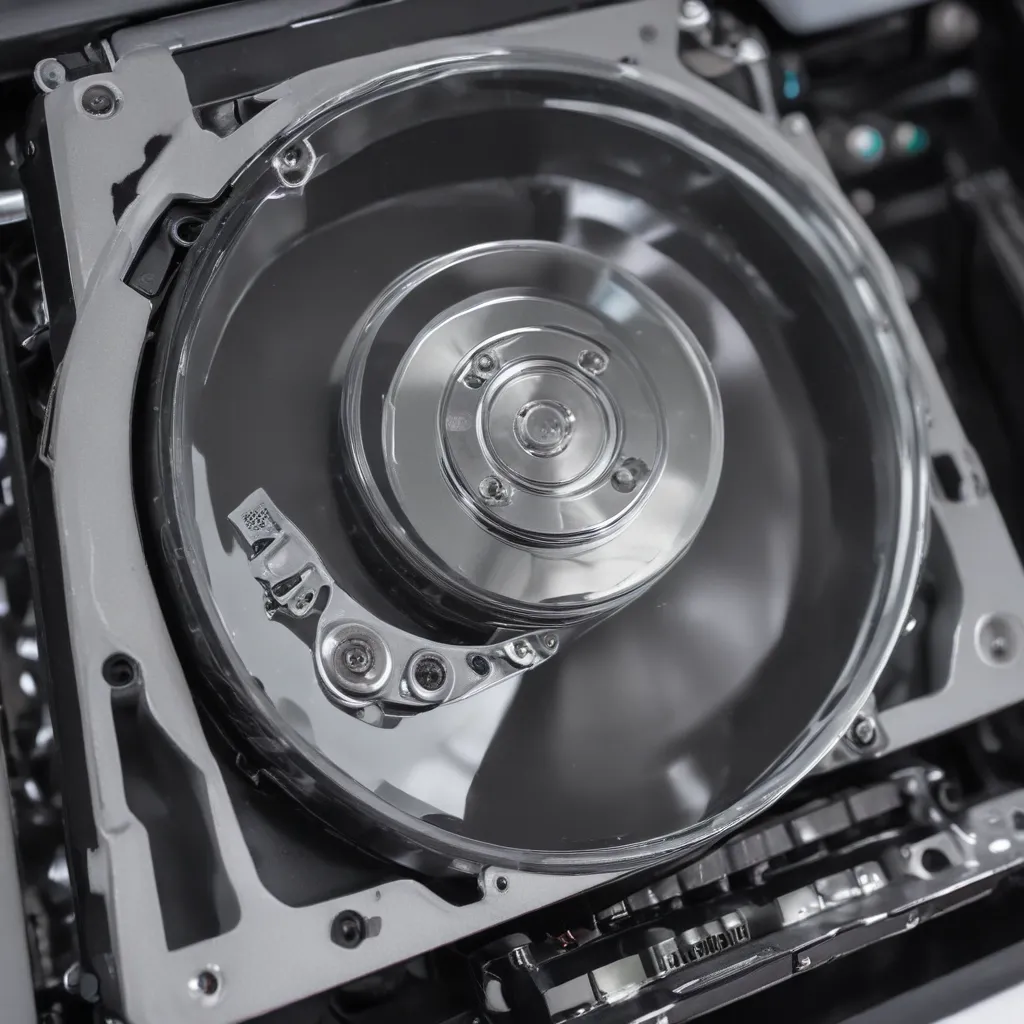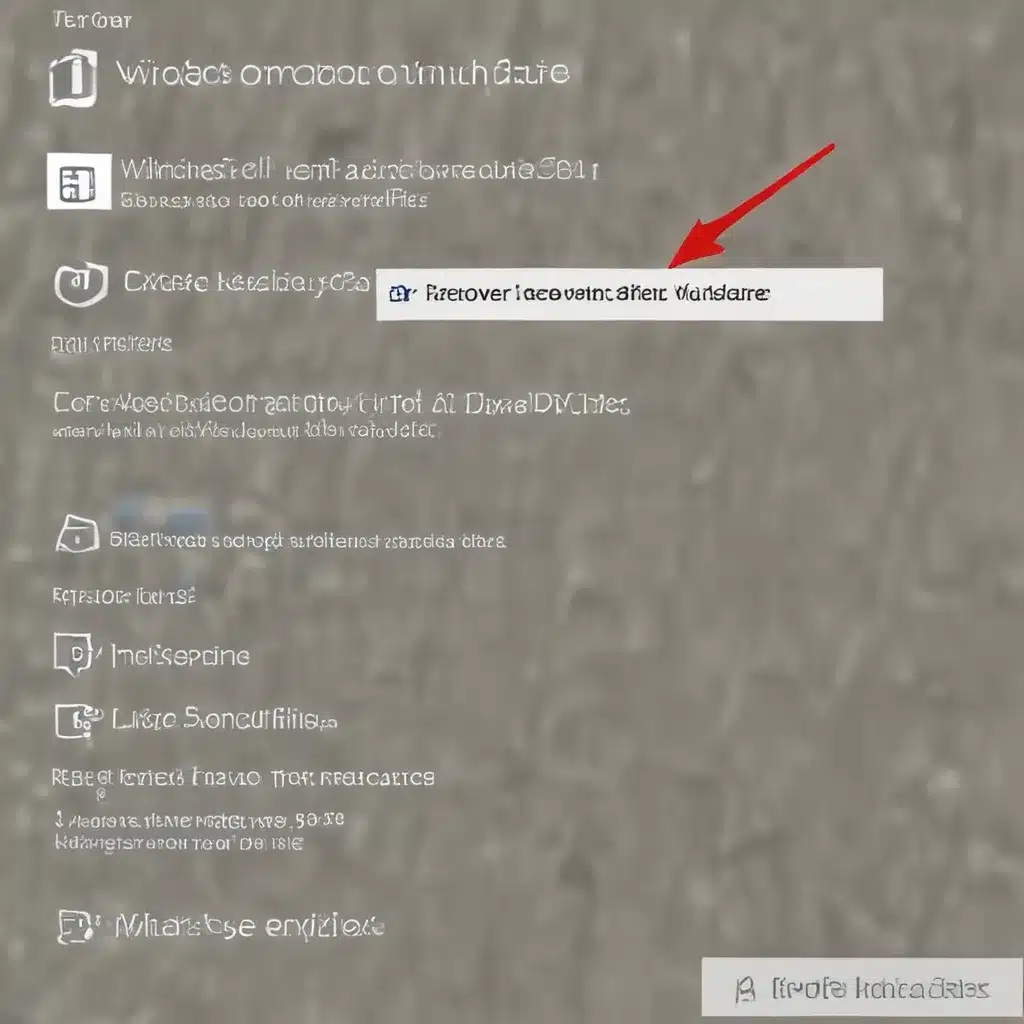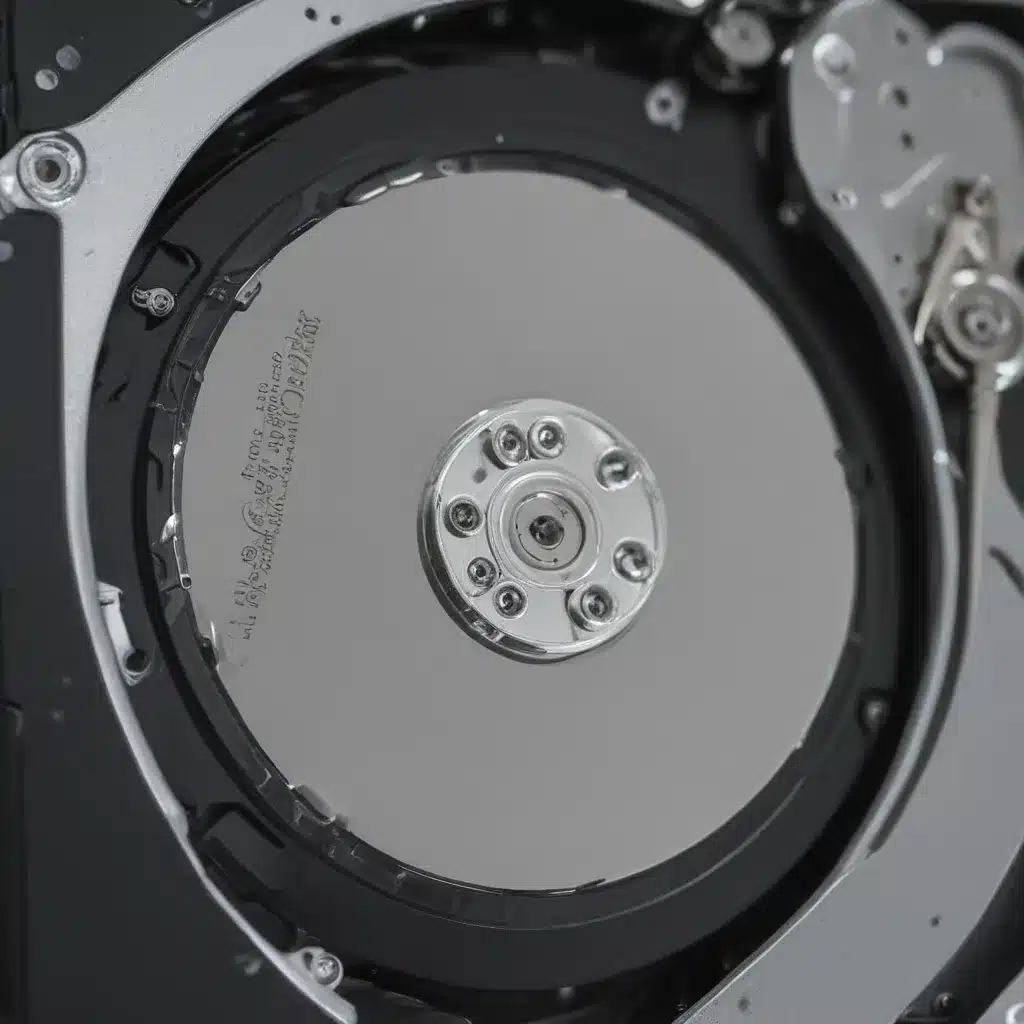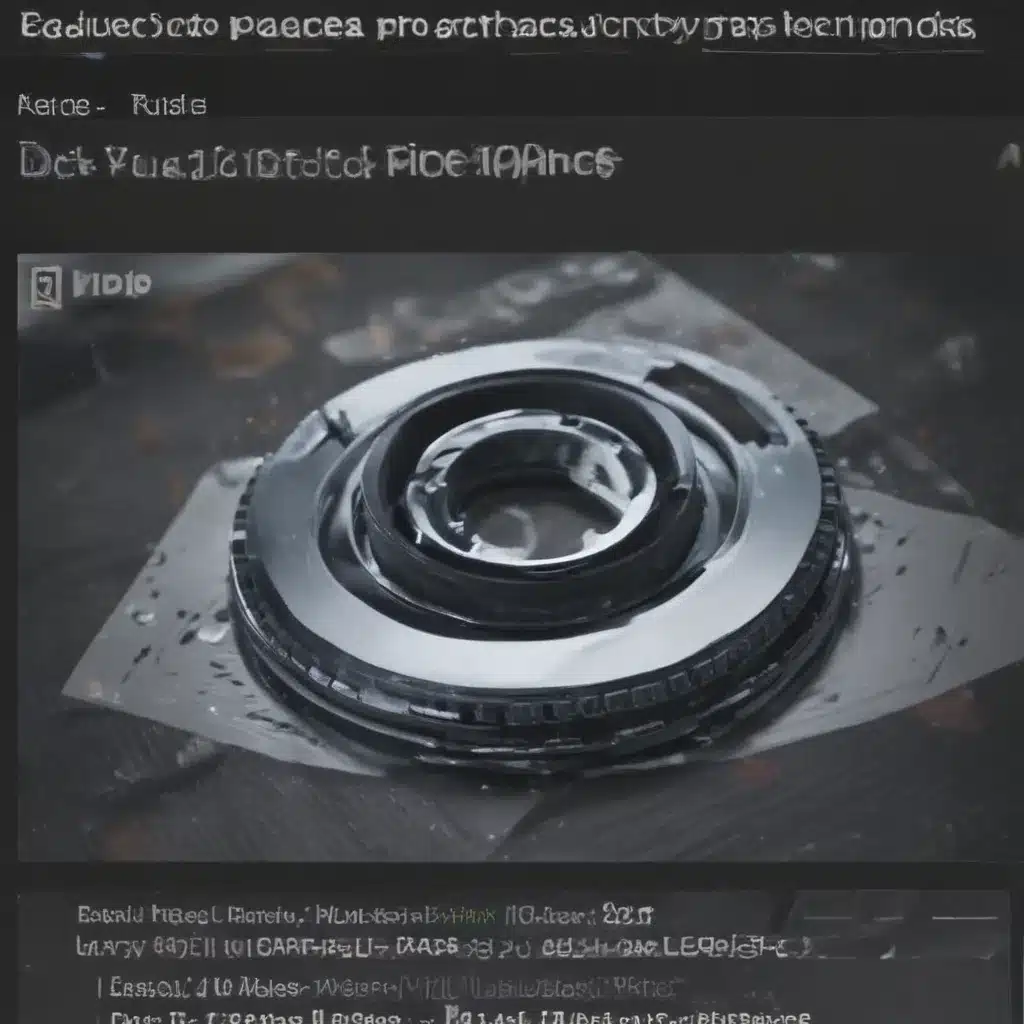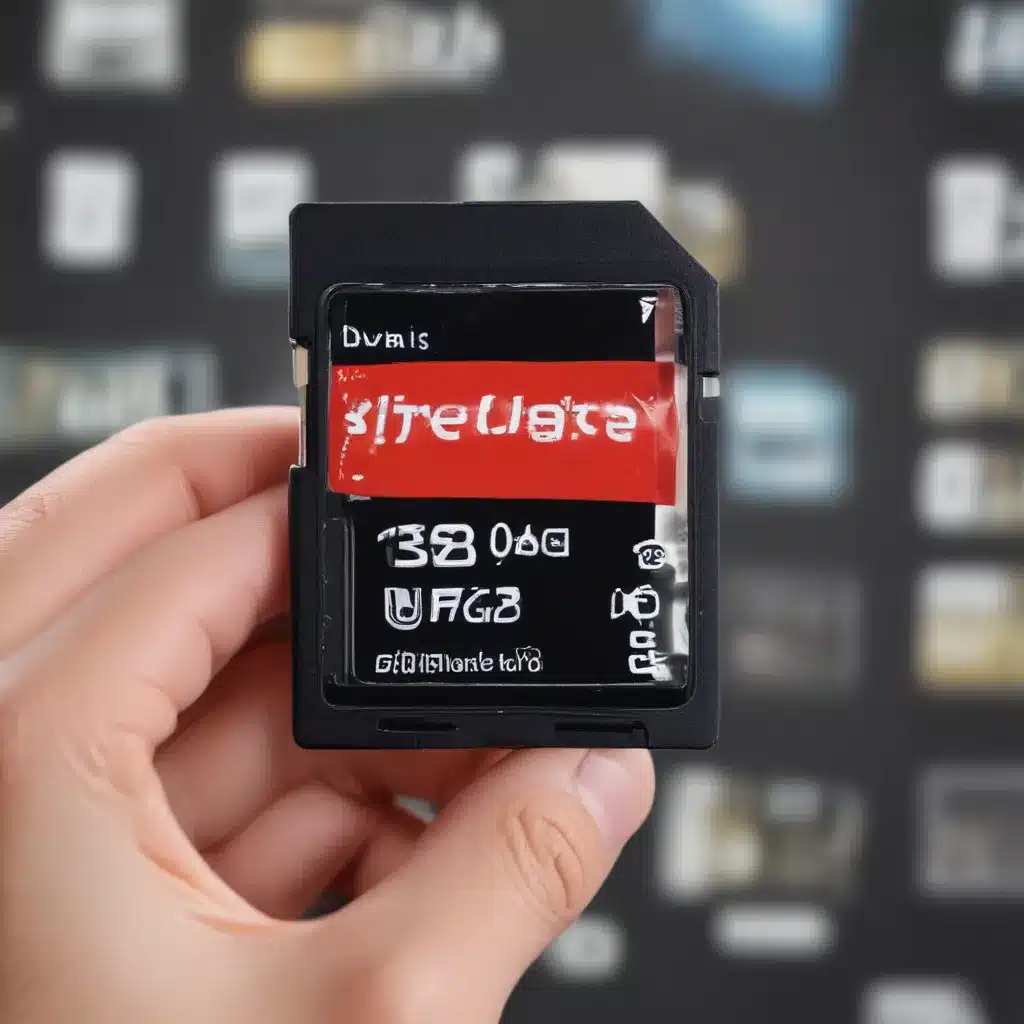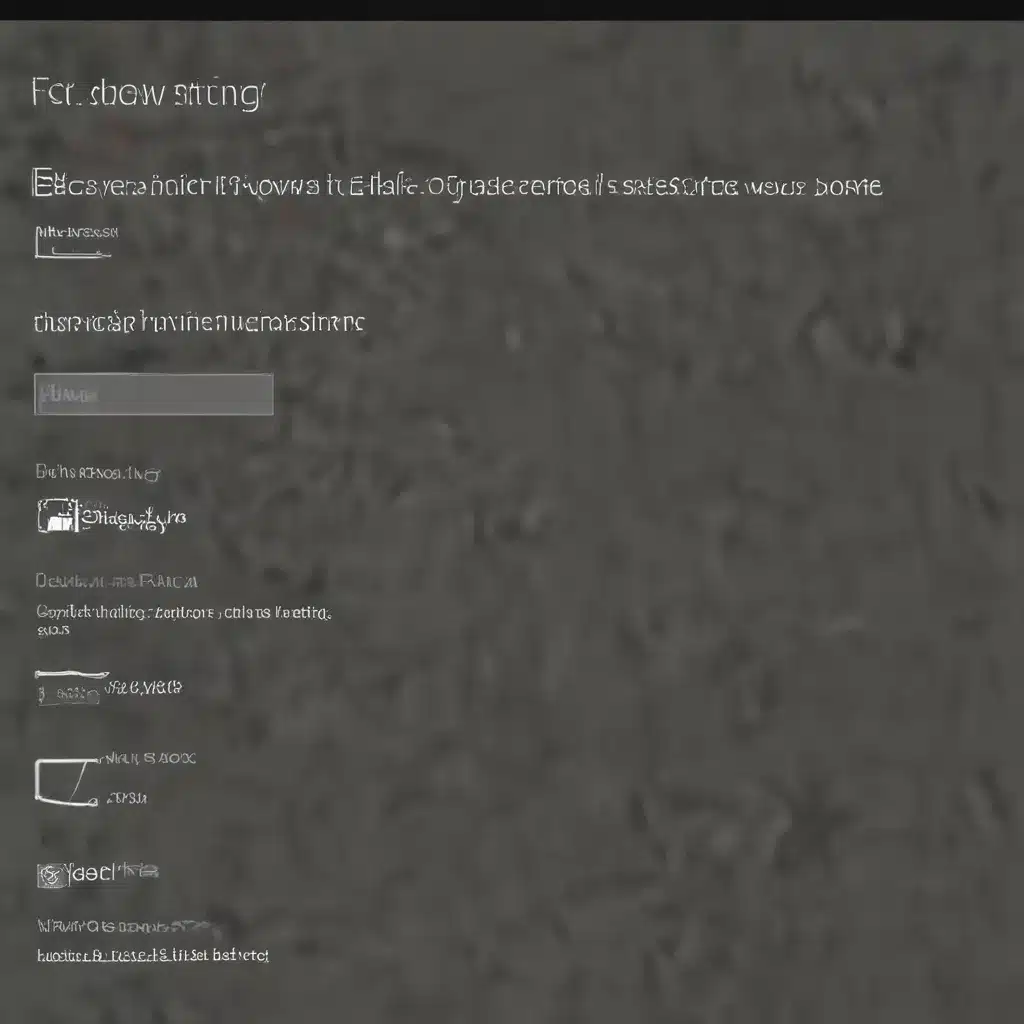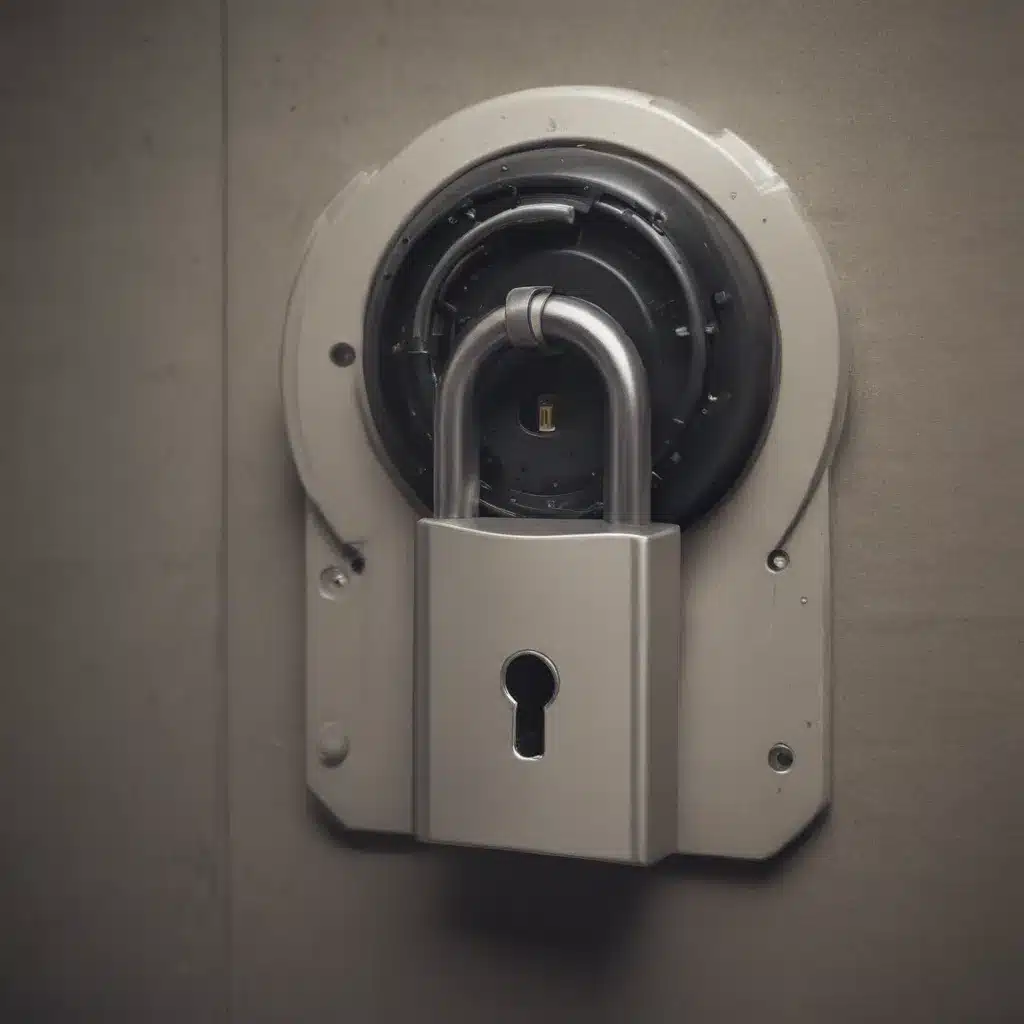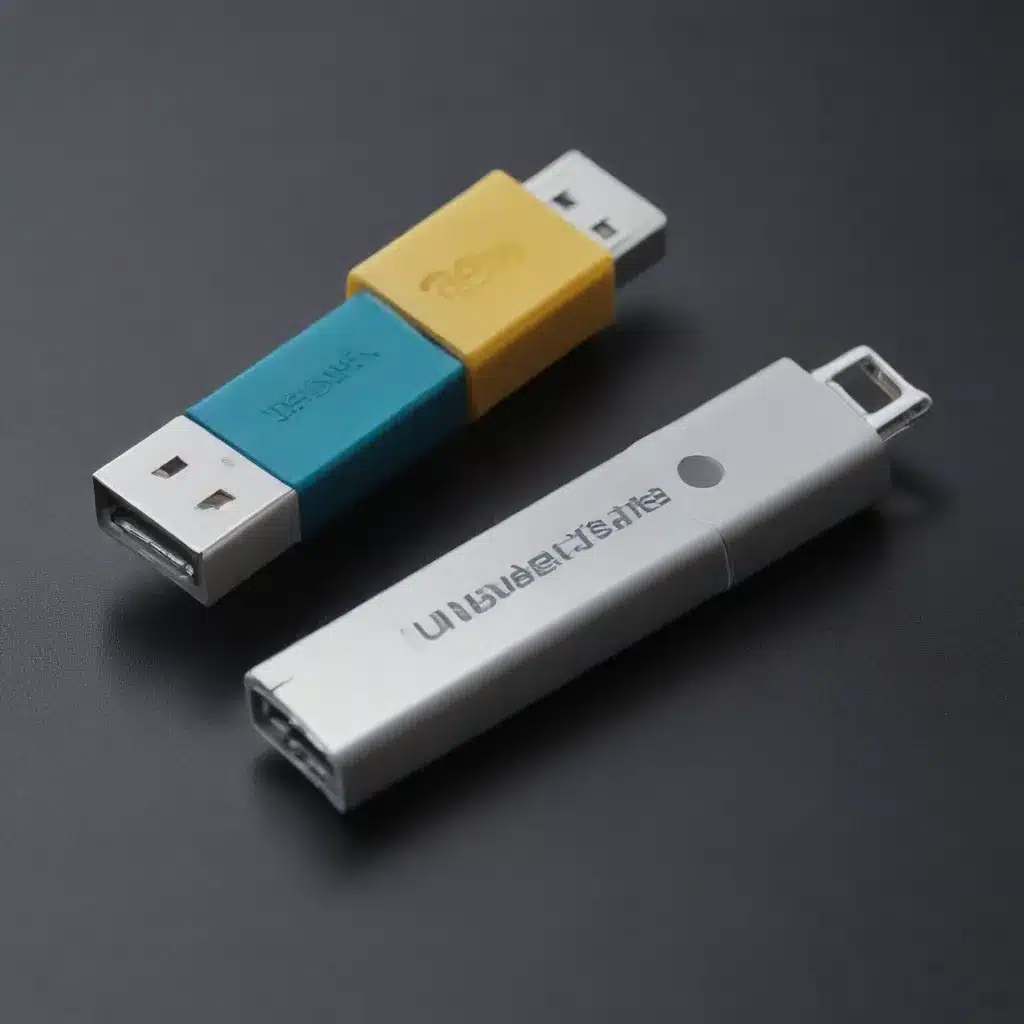Introduction
RSA encryption is one of the most widely used public-key encryption methods today. It allows secure communication over the internet by utilizing the difficulty of factoring large prime numbers. However, recent advances in quantum computing threaten to break RSA encryption, as quantum computers can efficiently factor large numbers. In this article, I will analyze whether quantum computers will break RSA encryption and the implications of this potential cryptographic apocalypse.
How RSA Encryption Works
RSA encryption relies on the difficulty of factoring large prime numbers to secure communications. Here is a brief overview of how it works:
- Two large prime numbers (p and q) are multiplied to generate a public key (n = p * q).
- A public encryption exponent (e) is chosen such that it is coprime to the totient of n.
- A private decryption exponent (d) is calculated as the modular inverse of e modulo the totient of n.
- To encrypt a message (m), it is exponentiated by the public key (c = m^e mod n).
- To decrypt, the ciphertext (c) is exponentiated by the private key (m = c^d mod n).
- The security relies on the difficulty of factoring n to find p and q.
Therefore, RSA encryption security depends on the inability of any classical computer to efficiently factor large prime numbers.
How Quantum Computers Break RSA Encryption
Quantum computers can break RSA encryption by efficiently factoring large numbers using Shor’s algorithm. Here’s how:
- Shor’s algorithm leverages the quantum mechanical effects of superposition and entanglement to find the prime factors of large integers.
- It allows quantum computers to factor numbers exponentially faster than classical computers.
- By quickly factoring the public key (n), an attacker can efficiently recover the private key (d).
- This breaks the RSA encryption, enabling the attacker to decrypt all communications.
For example, while factoring a 2048-bit RSA modulus would take longer than the age of the universe on a classical computer, a sufficiently large quantum computer could break it in a matter of hours.
Implications of Breaking RSA Encryption
The implications of breaking RSA encryption using quantum computers would be enormous:
- Much of today’s internet security infrastructure depends on RSA encryption. All online transactions, emails, messaging apps, VPNs, and more would become insecure.
- There would be a complete loss of confidentiality and integrity for digital communications.
- Financial systems, government agencies, corporations would all face security crises.
- Classical public-key cryptography would essentially become obsolete.
Therefore, the advent of quantum computers capable of running Shor’s algorithm spells a potential cryptographic apocalypse through the systematic collapse of RSA encryption worldwide.
Mitigating the Quantum Threat to RSA
To mitigate this quantum threat, we must transition to new quantum-resistant public-key encryption algorithms like lattice-based and hash-based cryptography. However, this transition will take time.
Some recommended steps include:
- Gradually increasing key sizes of RSA encryption to delay breakability. 2048-bit keys provide some buffer, but longer 4096-bit keys would be more prudent.
- Setting shorter certificate validity periods to ensurenew post-quantum certificates can replace vulnerable ones quickly when new standards emerge.
- Hybrid encryption, combining RSA with symmetric key encryption resistant to quantum attacks.
- Crypto agility in implementations to allow more rapid algorithm changes.
Ideally, a smooth transition should begin now to migrate away from RSA encryption toward quantum-safe cryptography. With foresight and proactive preparation, we can mitigate the risks that quantum computers pose to the long-term integrity of our digital ecosystems.
Conclusion
In conclusion, RSA encryption remains secure against classical computers but is proven to be vulnerable to cryptanalysis by quantum algorithms like Shor’s. When large, fault-tolerant quantum computers arrive in the future, they will break RSA encryption essentially rendering current public key infrastructure obsolete. This calls for anticipatory steps by the cybersecurity community to transition toward new quantum-resistant cryptosystems able to withstand the power of quantum attacks. With prudent planning and upgrading of standards in advance, we can minimize disruption while maintaining the confidentiality and integrity of communication in the quantum era.


